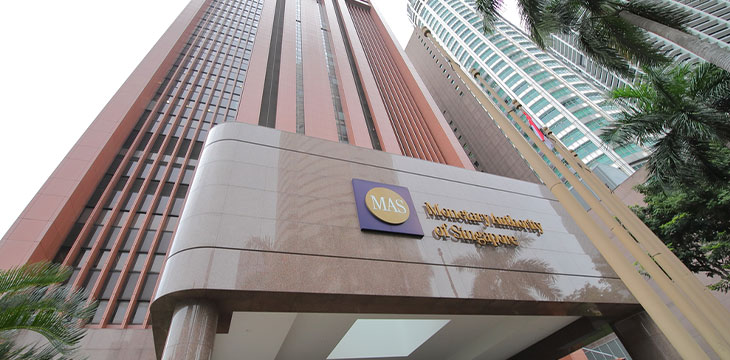|
Getting your Trinity Audio player ready...
|
Since FTX’s implosion, regulatory activity towards virtual currencies has received a frenetic approach, but the head of the Monetary Authority of Singapore (MAS) calls for caution.
MAS Chairman Tharman Shanmugaratnam told attendees of a panel discussion titled “Banking In The Eye Of The Storm” at the World Economic Forum (WEF) in Davos that there are certain pitfalls associated with casting the blanket of financial regulations over the entire virtual currency industry. Shanmugaratnam disclosed that while a regulatory overhaul is necessary, it could confer legitimacy on “purely speculative” virtual currency activities.
“If we regulate cryptocurrency the same way we regulate banks and insurance companies, will that legitimize something that is inherently and purely speculative and, in fact, slightly crazy?” Shanmugaratnam asked. “Or are we better off providing ultra-clarity to what’s an unregulated market, and if you go in, you go in with your own risk?”
The MAS chair conceded that he would be tilting with the option of allowing consumers to decide whether to participate in speculative activity in the virtual currency space. Nevertheless, he expressed his support for extending anti-money laundering (AML) regulation to all areas of the virtual currency industry, whether or not it bordered on speculative activity.
Citigroup’s (NASDAQ: C) CEO Jane Fraser disclosed to attendees that the adverse effects from the FTX debacle have made regulation imperative but pointed out that regulators should operate with the policy of “solving problems.” Fraser added that she “could not agree more that a level playing field on the regulatory front is very important for all players.”
“It’s not a question of if we have to regulate or not, for sure, we have to regulate, but we have to regulate in a coordinated manner; we have to have international rules,” said Bank of France Governor François Villeroy de Galhau.
The new wave of regulatory changes
Since FTX’s collapse, the regulatory approach toward the industry has taken a staccato approach. Keen to create a tailor-made solution for their systems, regulatory agencies worldwide have issued a bevy of rules for the virtual assets industry, devoid of a united front.
Thailand’s Securities and Exchange Commission introduced new rules to govern the internal activities of the digital asset exchanges in the country. Under the new regulations, digital asset firms are expected to set up a digital wallet management system with concrete plans for storing wallet keys and regular security audits.
Hong Kong, Japan, and Singapore have also been caught in the whirlwind of regulatory activities since FTX’s implosion.
Watch: Law & Order: Regulatory Compliance for Blockchain & Digital Assets

 02-15-2026
02-15-2026 




